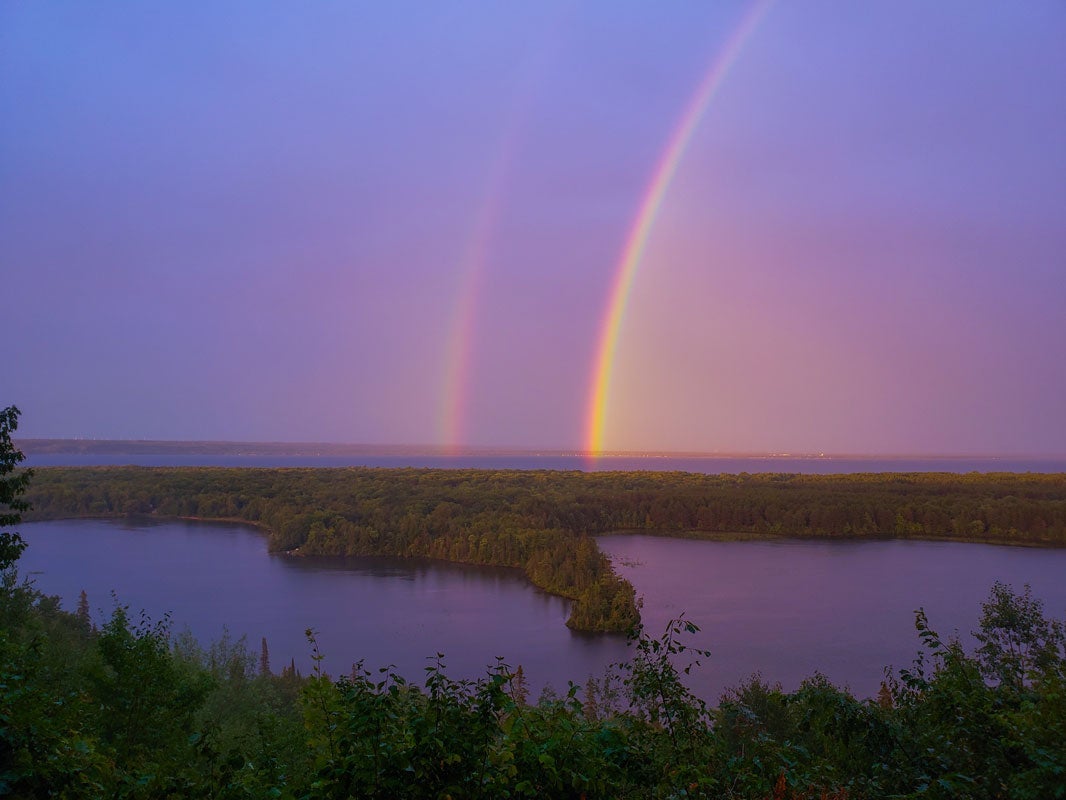Tribes Move to Defend EPA’s Tribal Water Rights Rule
Seven Tribal nations seek to fend off attack by 12 states
Contact
Seven Tribal Nations, represented by Earthjustice and the Native American Rights Fund (NARF), filed a motion in the U.S. District Court for the District of North Dakota today to intervene in defense of the Environmental Protection Agency’s (EPA) Tribal Reserved Rights Rule, after 12 states filed a lawsuit to dismantle it. The rule, finalized in May, formalizes a process for states and the federal government to consider water-dependent Tribal reserved rights when setting water quality goals and pollution limits for rivers, lakes, and streams under the Clean Water Act. The states are seeking a preliminary injunction to halt the rule from going into effect.
“Under the United States Constitution, treaties between the United States and tribal nations are the supreme law of the land and states and federal agencies are bound to follow them,” said Nez Perce Tribe Chairman Shannon F. Wheeler. “EPA’s rule under the Clean Water Act adheres to this constitutional principle and ensures that states and EPA engage in a consistent and accountable process with tribes to provide for the protection of treaty-reserved rights in developing, revising, and approving state water quality standards. We, therefore, support EPA in promulgating this important rule to protect the waters and treaty-reserved resources that are important to us all.”
“Tribal nations today depend on clean water for everything, from fishing, gathering wild rice and practicing cultural traditions to simply making a living,” said Bay Mills Indian Community President Whitney Gravelle. “Our reserved rights to hunt, fish, and gather on ceded territories are as important as the air we breathe and the water we drink. Yet up until now, governments only considered these rights in an erratic, case-by-case way. We are defending this rule because it sets a consistent federal expectation that recognizes Tribal rights and protects water quality at a time when climate change and environmental degradation is jeopardizing our shared future on this planet.”
“Preserving and protecting the earth, air, and water is at the core of who we are as a people. This has been a guiding principle for us well before the United States even existed,” said Lac du Flambeau Band of Lake Superior Chippewa Indians Tribal President John D. Johnson, Sr. “Our ability to hunt, fish, and gather is directly impacted by the health and sustainability of earth, air, and water and memorialized in our Treaty Rights with the United States. According to our teachings, the Lac du Flambeau and many other Tribes make decisions with seven generations in mind. We ask how our decisions today impact those who come after us hundreds of years from now. We respectfully ask every level of U.S. government to do the same.”
Historically, EPA has not had a formal rule outlining the specific process and obligations for states where Tribal rights connected to the uses of water would be affected by a state’s water quality standards. The lack of a formal rule left Tribal communities open to inconsistencies and/or lack of protection in many states, with some states failing to fully consider or protect Tribal members’ use of waters for fishing or gathering.
Currently, Tribal rights are often addressed in an ad-hoc and adversarial manner at the very end of the process, which jeopardizes protection of the Tribal rights. In some instances, this has led to Tribal members receiving less protection against toxic pollutants that can cause cancer more frequently than for other non-indigenous members of the population. Water quality needs can differ, as Tribal people often consume fish or use aquatic plants in ways or in quantities that non-Indigenous people do not, which may require more stringent standards to protect Tribal members’ health.
For example, an investigation by Oregon Public Broadcasting and ProPublica found that unsafe water quality standards cause tribes in the Columbia River Basin to face a disproportionate risk of toxic exposure due to their salmon-rich diets. The EPA’s rule formalizes a process for states, EPA, and Tribes to work together to address Tribal reserved rights when setting state water quality standards throughout the standards-setting process, helping to ensure consistency and completeness of protections for Tribes.
“This is just the latest senseless attack on the Clean Water Act at a time when we need to be increasing our efforts to protect and conserve our nation’s waters. Our clients advocate for the protection of our shared water resources in a way that will benefit everyone, including the plants, animals, and future generations.” said Managing Attorney Gussie Lord with Earthjustice’s Tribal Partnerships Program. “The tribes are going defend the water and defend their reserved rights.”
“Tribal rights must be protected and accounted for when setting state water quality standards; it is a legal and moral obligation,” said NARF Staff Attorney Daniel Cordalis. “For states to fight a practical and needed rule is frustrating because it shows the ongoing effort to subordinate Tribal rights in state water management.”
The Tribal Nations seeking intervention include the Nez Perce Tribe, Quinault Indian Nation, the Bay Mills Indian Community, Puyallup Indian Tribe, Lac du Flambeau Band of Lake Superior Chippewa, Sokaogon Chippewa Community, and the Confederated Salish and Kootenai Tribes.
The next step with the lawsuit is expected to be responding to the states’ efforts to enjoin the rule.

Additional Resources
About Earthjustice
Earthjustice is the premier nonprofit environmental law organization. We wield the power of law and the strength of partnership to protect people's health, to preserve magnificent places and wildlife, to advance clean energy, and to combat climate change. We are here because the earth needs a good lawyer.